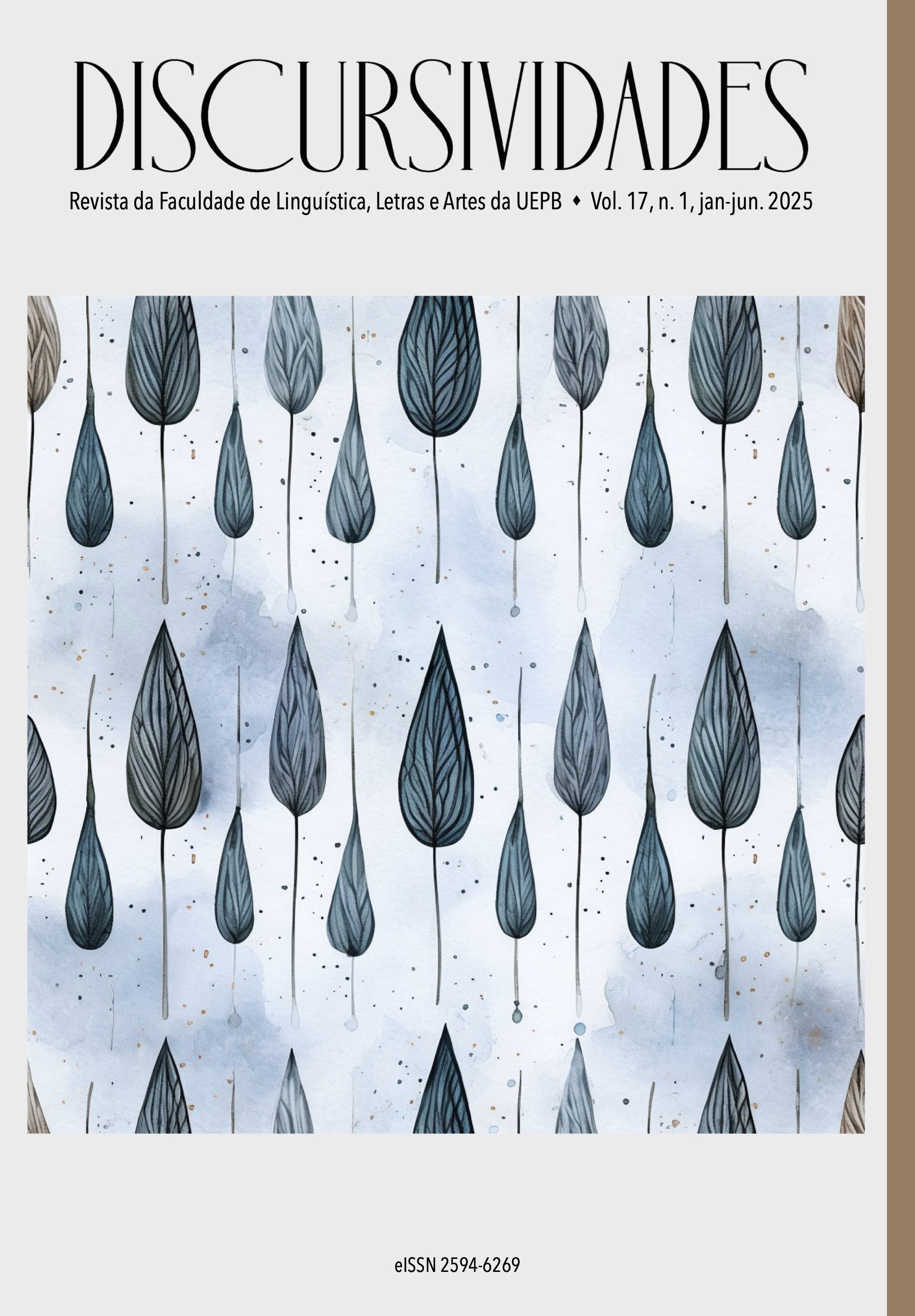Strategies for contextualized teaching of English: analysis of the internship experience in the public school
DOI:
https://doi.org/10.29327/256399.17.1-1Keywords:
Supervised Internship, English language, Contextualized teachingAbstract
This work aims to identify how teaching promoted through the students’ sociocultural context contributes to the English language learning. Thus, we explored discussions about language teaching in context, describing through activities strategies used to achieve the proposed objective, evaluating students' participation, motivation and performance. For theoretical discussions, we anchored ourselves in the ideas of Freire (2011), Kumaravadivelu (2003) and other authors who discuss the contextualized teaching of English and their strategies for doing so. As a way to achieve our objectives, we used as corpus lesson plans and activities carried out during the period of the Supervised Internship II subject matter, in a state public school, with a 6th year class. Methodologically, the research is exploratory, interpretive, qualitative and a case study (GONSALVES, 2003). Through data analysis, we found greater interest and engagement among students in learning the proposed content in English.
References
ANTERO, K.; NASCIMENTO, A.; SILVA, D.; SANTOS, R. Contextualizar: o ensino da língua inglesa com interdisciplinaridade. Anais... Campina Grande: Realize Editora, 2015. Disponível em: <https://editorarealize.com.br/artigo/visualizar/11609>. Acesso em: 19 dez. 2023.
ANTUNES, Irandé. Gramática contextualizada: limpando “o pó das ideias simples”. São Paulo: Parábola Editorial, 2014.
BAGNO, M. Língua, linguagem, linguística. Pondo os pingos nos ii. São Paulo: Parábola Editorial, 2014.
BRASIL. Ministério da Educação. Base Nacional Comum Curricular. Educação Infantil e Ensino Fundamental. Brasília: MEC, 2018.
BRASIL. Ministério da Educação. Parâmetros Curriculares Nacionais: terceiro e quarto ciclos do ensino fundamental: língua estrangeira. Brasília: MEC/SEF, 1998.
CRYSTAL, David. The English language. A guided tour of the language. 2nd ed. London: Penguin Books, 2002.
FIORIN, L. Linguística? Que é isso? São Paulo: Contexto, 2013.
FREIRE, P. Pedagogia da autonomia: saberes necessários à prática educativa. São Paulo: Paz e Terra, 2011.
GONSALVES, E. P. Conversas sobre iniciação à pesquisa científica. 3a ed. Campinas, SP: Editora Alínea, 2003.
KLEIMAN, A.; VIANNA, C.; DE GRANDE, P. A Linguística Aplicada na contemporaneidade: uma narrativa de continuidades na transformação. Calidoscópio, v. 17, n. 4, p. 724-742, 2019. Disponível em: < https://revistas.unisinos.br/index.php/calidoscopio/article/view/cld.2019.174.04>. Acesso em 17 dez. 2023.
KUMARAVADIVELU, B. Beyond Methods: macrostrategies for language teaching. New Haven And London: Yale University Press, 2003.
MARZARI, G. B; BADKE, M R. Ensino e aprendizagem de língua inglesa em escolas públicas de Santa Maria/RS. Pesquisas em Discurso Pedagógico, [S.L.], v. 2013, n. 1, p. 1-21, 2013. Disponível em: <https://www.maxwell.vrac.puc-rio.br/colecao.php?strSecao=resultado&nrSeq=2182 7@1>. Acesso em: 28 jun. 2023.
GUSMÃO, H.; MIRANDA, J. Artigo Científico: estrutura e redação. Niterói: Intertexto, 2000.
MOREIRA, H; CALEFFE, L. G. Metodologia da pesquisa para o professor pesquisador. 2a edição. Rio de Janeiro: DP&A, 2008.
POLIDORIO, V. O ensino de língua inglesa no Brasil. Travessia, v. 8, n. 2, p. 340-346, 2004. Disponível em: < https://e-revista.unioeste.br/index.php/travessias/article/view/10480 >. Acesso em: 28 jun. 2023.
Downloads
Published
How to Cite
License
Copyright (c) 2025 Francisco Gabriel Cordeiro Silva; Rebecca Vidal de Negreiros Macedo; Thomans Hasley Araujo de Oliveira

This work is licensed under a Creative Commons Attribution 4.0 International License.
Authors who publish in this journal agree to the following terms:
a) Authors retain copyright and grant the journal the right of first publication. The articles are simultaneously licensed under the Creative Commons Attribution 4.0 International Public License (CC BY 4.0) which allows the sharing of the work with acknowledgment of its authorship and initial publication in this journal.
b) Discursividades journal offers immediate free access to its content, following the principle that making scientific knowledge available to the public free of charge provides greater global democratization of knowledge.










